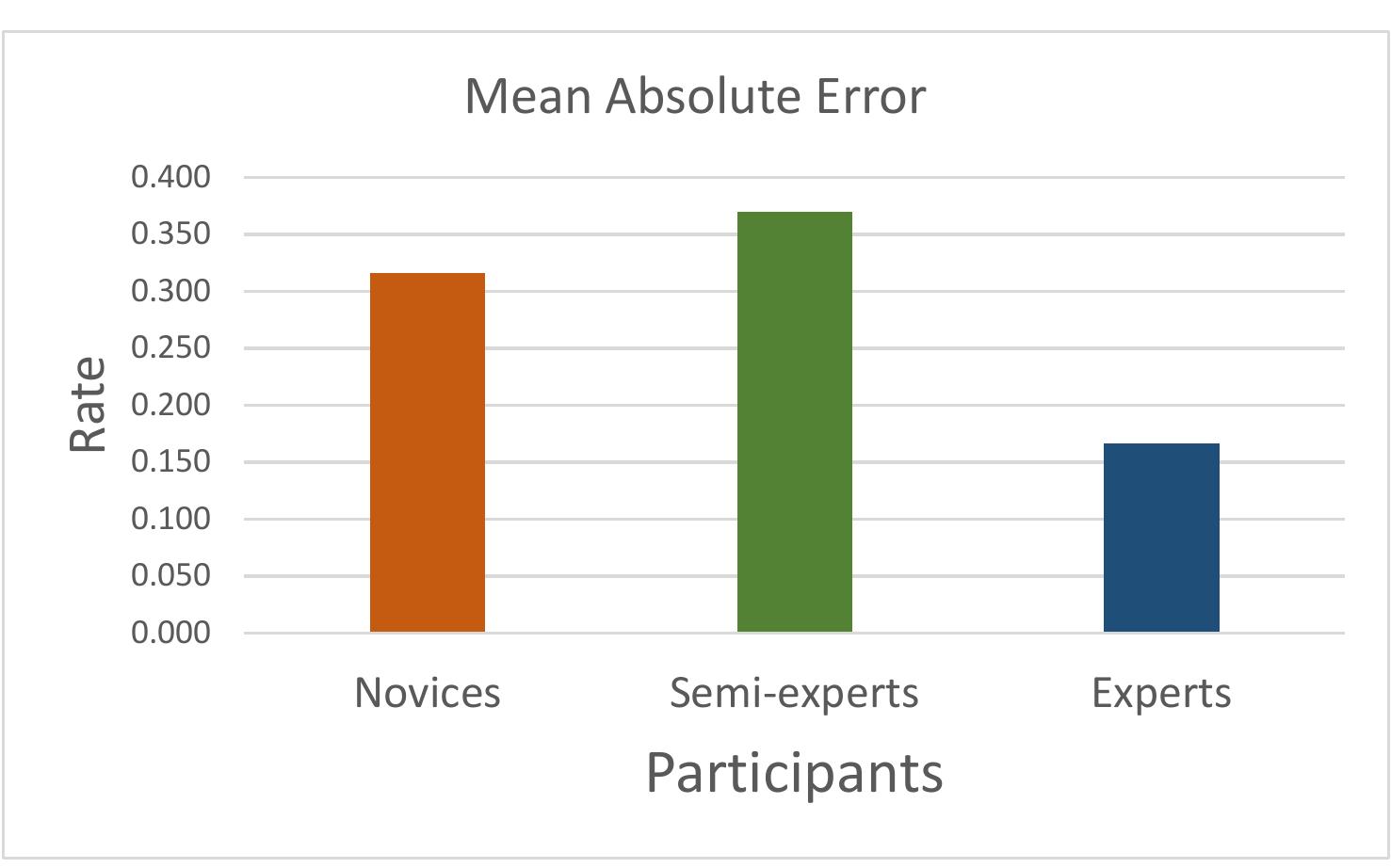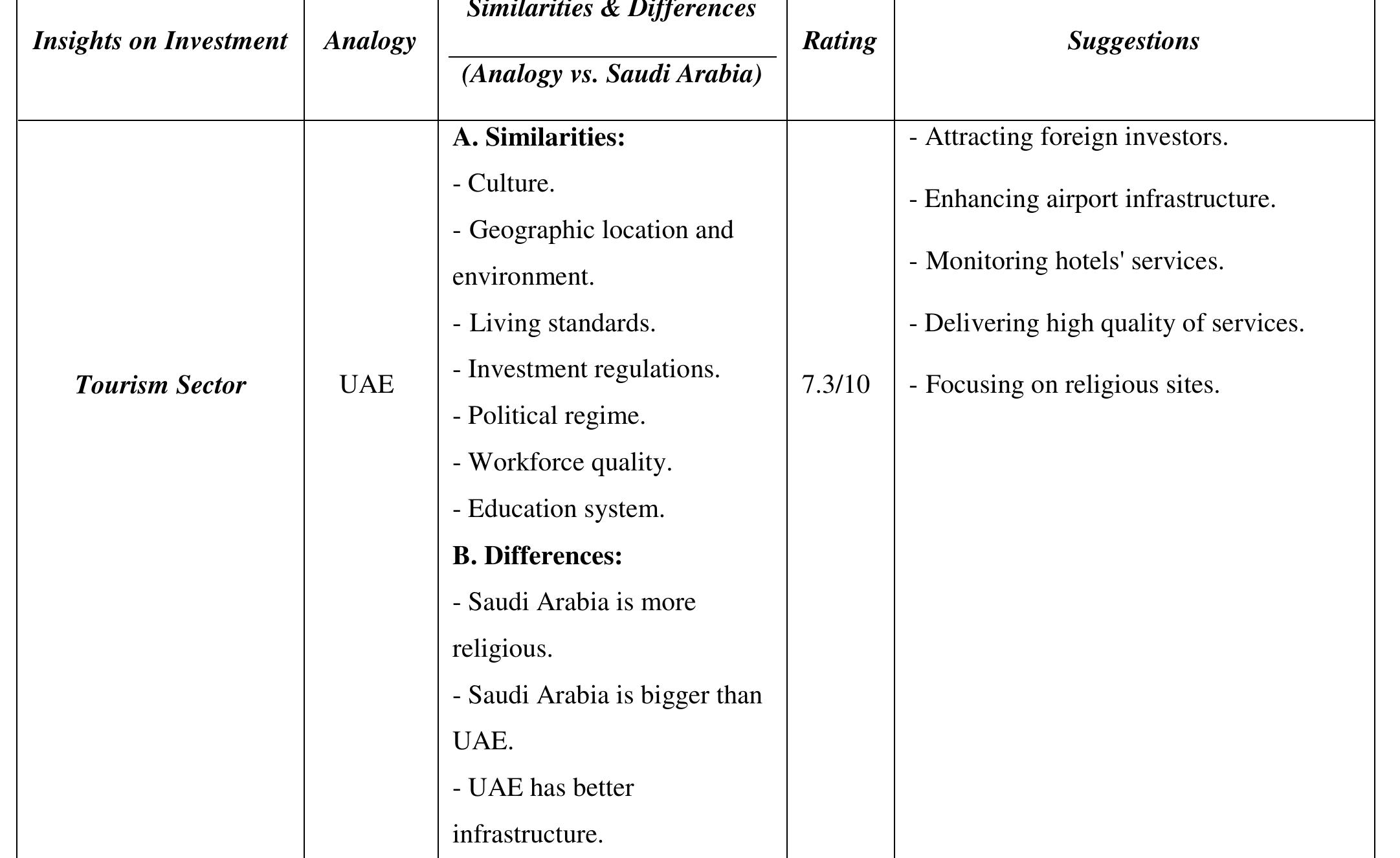Key research themes
1. How does interaction-oriented design improve the modeling and scalability of agent-based simulations?
This research area investigates the architectural and methodological benefits of explicitly modeling interactions as separate entities in agent-based simulations. Focusing on interaction-oriented frameworks, it addresses challenges in behavior design, reusability, and the effective management of large-scale multiagent systems, emphasizing decoupling agents from their actions to enhance modularity and scalability.
2. What methodological innovations enhance accuracy and efficiency in simulation algorithms involving many-particle or multi-agent interactions?
This theme focuses on the development of advanced computational algorithms and constructs that improve the handling of complex multi-particle interactions and agent behaviors in simulations. It includes innovations in Monte Carlo methods for many-body interactions and modeling techniques that enable efficient exploration of alternative behavioral trajectories in multi-agent systems.
3. What epistemological considerations are essential for evaluating the reliability and teaching of simulations involving human or social systems?
This theme addresses the conceptual and educational challenges in understanding, teaching, and legitimizing simulations that model human behavior and social phenomena. It covers epistemic evaluations of simulated data, the interface of simulations with humanities, and pedagogical frameworks to enhance interdisciplinary comprehension and collaboration, highlighting the distinct roles of simulations as instruments rather than mere formal methods or experiments.






































